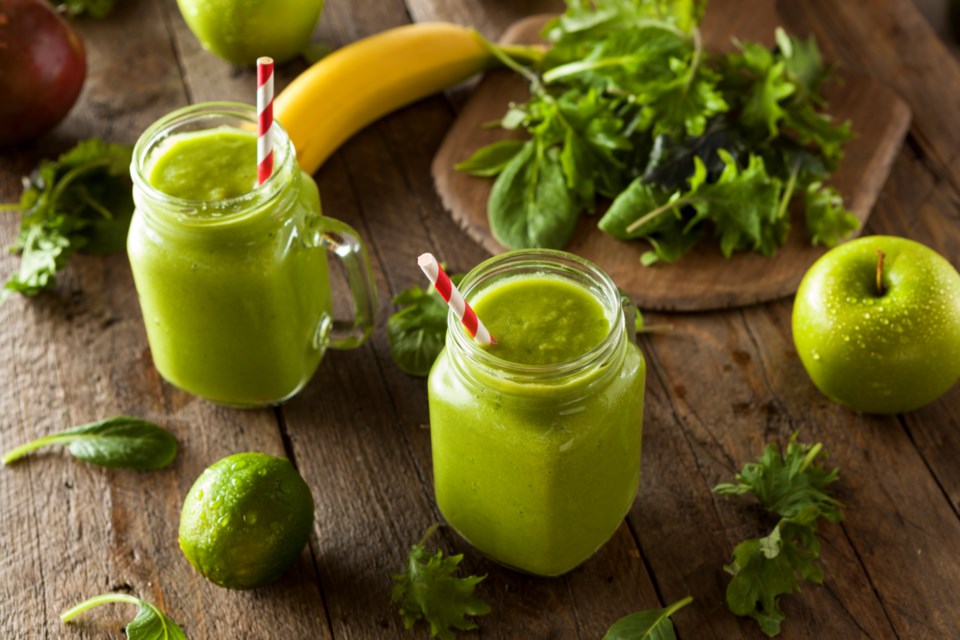We have heard it all before: breakfast is the most important meal of the day.
For most of my life I pawned it off as an old wives’ tail or something that my parents would say to me because they lived to harsh my vibe. Parents just don’t understand, am I right?
Well, as it turns out, Will Smith was not talking about eating breakfast when he wrote that classic song: breakfast is really important for nutrition and peace of mind.
Breakfast is the first meal that you digest. It’s what sets you up for the day in terms of energy and overall well-being. Because the time between dinner and the next morning’s meal is the longest your body goes without food, breakfast has an effect on your body that’s different from any other meal throughout your day, especially in the way that you metabolize glucose, or blood sugar.
Eating a nutritious, balanced breakfast will help to fuel you for the rest of your day. So what you choose to eat first thing in the morning could be the difference between you having energy and mental agility all day, or being a sluggish mess.
Ever feel a bit disoriented and not all there when you don’t eat breakfast? Then you find yourself feasting on leftover donuts at the office and washing them down with coffee only to crash and feel tired and a bit hungover a couple of hours later?
According to Eric Rimm, Sc.D., a professor of epidemiology and nutrition at the Harvard School of Public Health, if you don’t eat breakfast, you could be putting yourself at risk for diabetes because your pancreas is constantly producing insulin to compensate for high levels of glucose.
And if weight is something that you are concerned about, skipping breakfast is something that you may want to stop doing. Breakfast skippers tend to eat more food than usual at the next meal and sometimes it’s not the healthiest choices. Prolonged fasting can lead to a boost in “hunger hormones” such as ghrelin, which encourages you to overeat; causing spikes and dips in glucose.
Something that I hear often with people that don’t eat breakfast is that they feel sick and/or a bit nauseous when eating first thing in the morning, especially if you are an early riser like myself. There could be several factors contributing to this, one being that digestion slows down at night so your stomach may not be ready to take on a lot of food first thing in the morning. Things that have helped me are drinking a glass of lemon water first thing and starting out with a healthy homemade smoothie, followed by a wholesome breakfast (like oats) a couple of hours later. This can help reduce nausea and get you the proper nutrition you need to prepare for the day.
Benefits of eating breakfast:
Weight Control
Not only does it help to reduce hunger throughout your day, but it will help you eat better because your hunger isn’t dictating your food choices.
Blood Sugar balance
A morning meal containing healthy complex carbs will help you avoid fluctuating glucose levels by giving you steady release of energy throughout your day as opposed to that crash that you would get from say eating a strudel.
Mental Edge
Starting your day off with a nutritious meal will improve your concentration and performance, enhance memory, attention, the speed of processing information, reasoning, creativity, learning, and verbal abilities according to scientists at the University of Milan in Italy.
Recipe:
Breakfast smoothie
¼ cup spinach
1 apple (sliced)
1 banana
1 tsp chia seeds
½ tsp ground flaxseed
1 1/2 cup coconut milk
1tbsp nut butter
• Mix ingredients in a blender. If you need more liquid add more coconut milk or coconut water. Enjoy!



